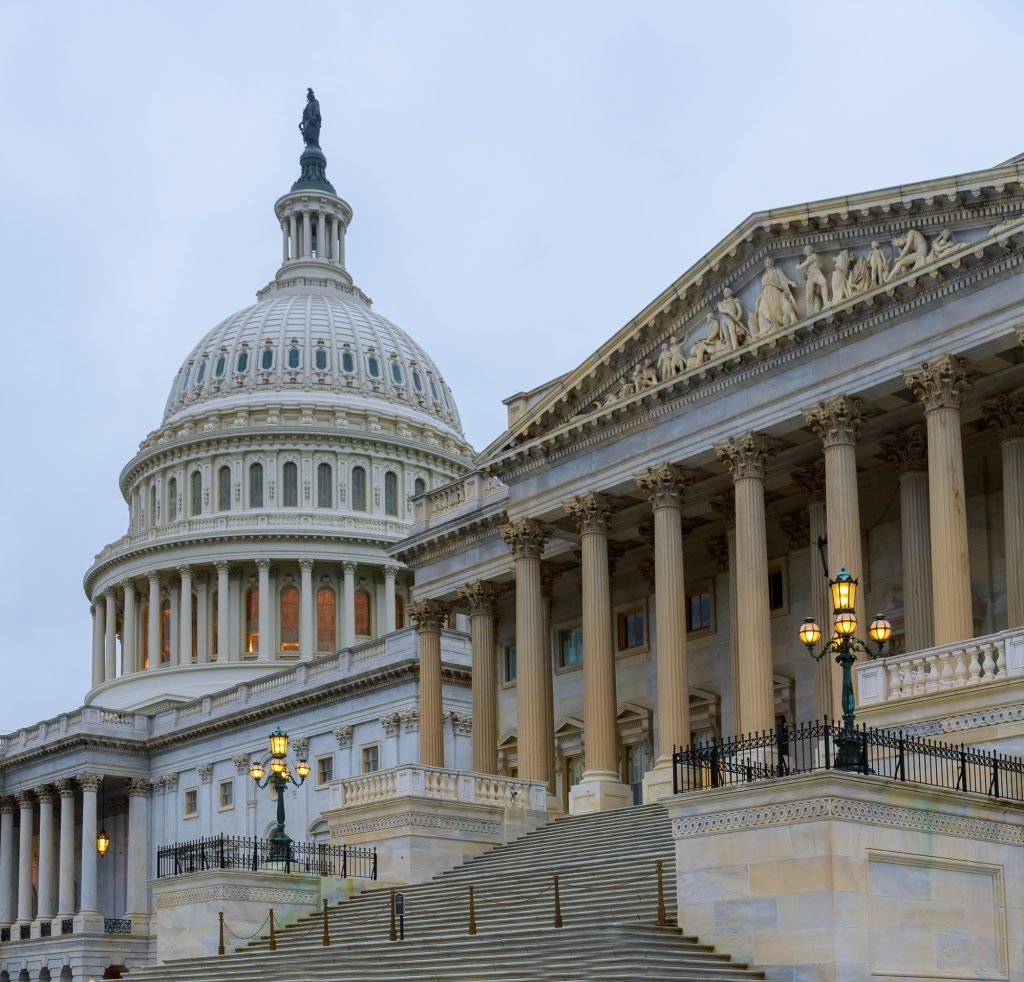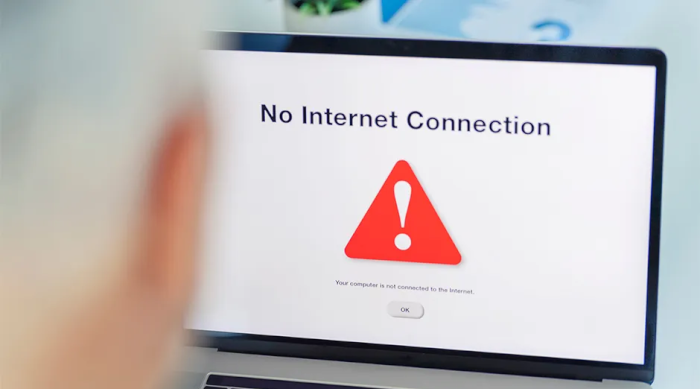CWA Member Criticizes Potential Changes to Broadband Fund Allocations

Headline: With fiber, you don’t have to worry about any of that.Article: Marcus Chambers, Communications Workers of America Maryland State Broadband Lead and member of CWA Local 2018, spoke out […]
US Official Blasts Trump’s Broadband Funding Shift From Fiber To Starlink

Headline: An outgoing official at the US Commerce Department alleges that the $42 billion BEAD program risks being derailed even more to benefit Elon Musk’s Starlink.Article: An outgoing official at […]
U.S. senator touches on the ‘fundamental flaw’ of BEAD

Headline: U.S. Senator John Curtis (R-UT) believes BEAD and other federal programs have a “fundamental flaw” because Congress doesn’t entirely understand the issuesArticle: The trade group ACA Connects kicked off […]
Op-Ed: I’m sad that BEAD may eliminate its preference for fiber

Headline: Wall Street Journal sources say NTIA will eliminate BEAD’s preference for fiberArticle: I hope you don’t mind the night sky littered with thousands of circling satellites, because it looks […]
New Legislation Proposes Establishment of Office of Public Safety Communications

A recently introduced bill in the U.S. House of Representatives aims to create the Office of Public Safety Communications within the National Telecommunications and Information Administration (NTIA), enhancing coordination and effectiveness in emergency response communications.
Congress Moves to Strengthen NTIA’s Cybersecurity

In response to escalating cyber threats targeting U.S. telecommunications, Congress is advancing legislation to enhance the cybersecurity responsibilities of the National Telecommunications and Information Administration (NTIA).
FCC Takes First Step to Reauction AWS-3 Spectrum Licenses

The FCC’s decision paves the way for the first auction of wireless spectrum licenses for commercial use since 2020. The proposed rules aim to modernize the AWS-3 service regulations, reflecting legislative and regulatory changes since the original auction in 2014. Proceeds from this auction will fund the “rip and replace” program, which seeks to remove potentially compromised technology from U.S. communications networks.
Already-lagging broadband program faces more uncertainty under Trump

Headline: A massive federal program meant to expand broadband access to underserved areas across the country is falling behind scheduleArticle: Now in its third year, the Broadband Equity, Access and Deployment […]
The Divide: ACA Connects’ Brian Hurley on policy priorities for BEAD and beyond

Headline: Brian Hurley joins the podcast ahead of the ACA Connects Summit (March 4-6)Article: This episode features Brian Hurley, senior vice president of legal and regulatory affairs at ACA Connects: […]
Senate Bill Would Shield BEAD Grants from Federal Taxation

Headline: Would exclude broadband deployment grants from corporate taxable incomeArticle: There is bipartisan support for a plan to make sure broadband grants are solely used for deployment purposes. Sens. Mark Warner, […]
